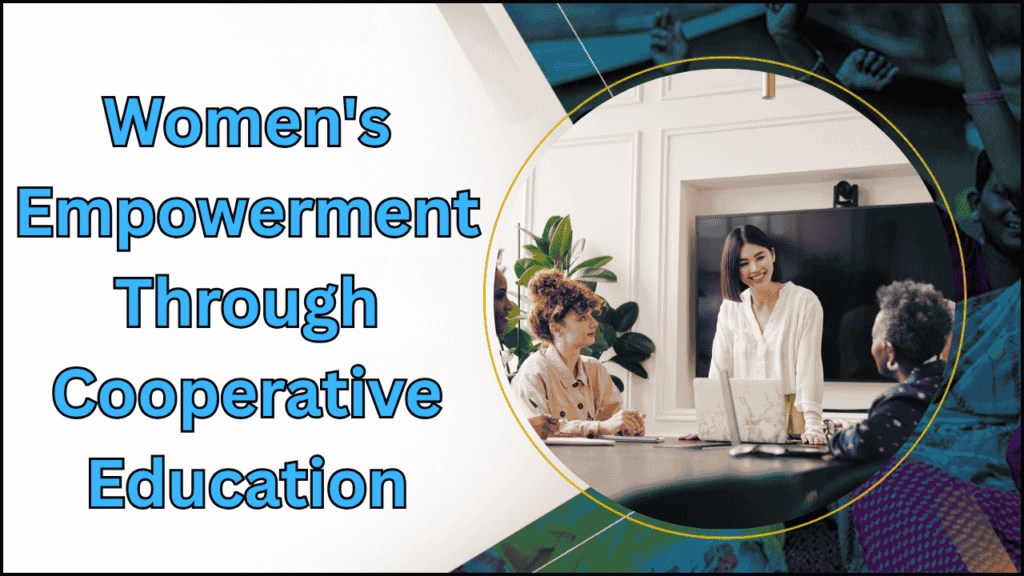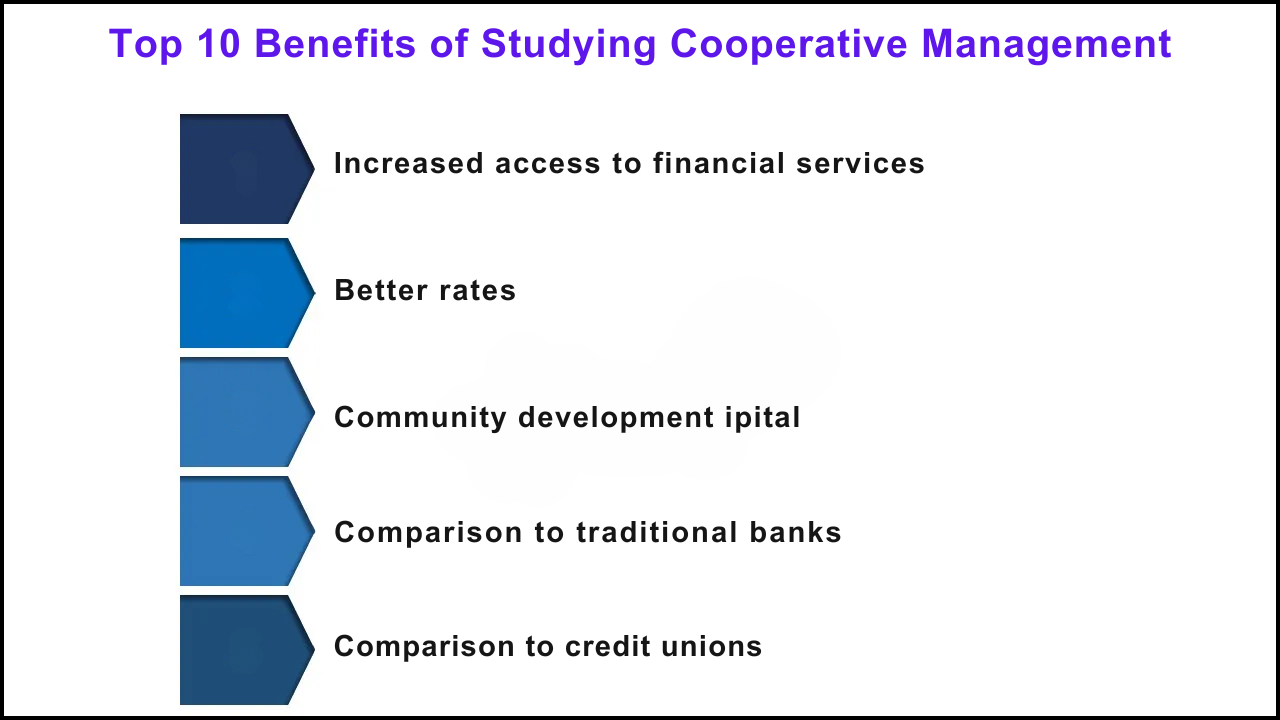
Empowering women is one of the most effective strategies for achieving sustainable development and economic equity. In India, cooperative education has emerged as a vital tool in this effort, especially through institutes like the Dhananjayrao Gadgil Institute of Cooperative Management (DGICM) in Nagpur. This article explores how cooperative education promotes women’s empowerment by enhancing their skills, building financial literacy, and promoting leadership in cooperative movements.
Table of Contents
Understanding Cooperative Education
Cooperative education refers to a structured method of combining classroom-based education with practical work experience. In the context of cooperative societies, this education provides individuals with the knowledge and skills to manage, lead, and sustain cooperatives that serve the interests of their members. Women, particularly from rural and underserved areas, stand to benefit immensely from such programs.
The Role of DGICM Nagpur
DGICM, established in 1972, is one of the premier institutions under the National Council for Cooperative Training (NCCT), operating under the Ministry of Cooperation, Government of India. The institute offers various programs in cooperative management, business administration, and skill development, with a growing focus on empowering women through inclusive education.
Key Initiatives at DGICM for Women
| Program/Initiative | Objective | Impact on Women |
|---|---|---|
| Certificate Courses in Cooperative Mgmt | To introduce women to the fundamentals of cooperatives | Builds foundational skills and awareness |
| Digital Marketing Training | Provide Women with online business and marketing skills | Promotes entrepreneurship and digital literacy |
| Financial Literacy Workshops | Teach basic financial management and banking skills | Enhances economic independence |
| Leadership Development Programs | Train women to take up leadership roles in cooperatives | Boosts confidence and decision-making skills |
Why Cooperative Education Matters for Women?
- Economic Empowerment: Women educated in cooperative principles are better positioned to start self-help groups (SHGs), manage micro-enterprises, and access credit through cooperative banks.
- Social Inclusion: These programs foster community participation, helping women engage in local governance and social initiatives.
- Entrepreneurial Opportunities: Cooperative education encourages women to explore business ventures in agriculture, dairy, handicrafts, and digital services.
- Skill Development: Beyond traditional education, women gain practical skills like accounting, marketing, negotiation, and leadership.
Government Support and Policy Framework
The Ministry of Cooperation, along with bodies like the NCUI (National Cooperative Union of India), actively supports initiatives that integrate women into the cooperative fold. Financial incentives, capacity-building grants, and digital literacy campaigns are targeted specifically at enhancing women’s participation in cooperatives.
Key Government Schemes Supporting Women in Cooperatives
| Scheme Name | Description | Target Group |
|---|---|---|
| Mahila Coir Yojana | Provides equipment and training to women in coir industry | Rural women entrepreneurs |
| NRLM (National Rural Livelihood Mission) | Supports SHGs and federations for income-generating activities | Rural poor women |
| Stand-Up India | Offers bank loans for women-led enterprises | SC/ST and women borrowers |
| Cooperative Education Fund (CEF) | Funds training programs through cooperative institutions | Provides equipment and training to women in the coir industry |
Challenges and the Way Forward
Despite significant progress, challenges remain:
- Limited Reach in Remote Areas: Many rural women still lack access to cooperative education programs.
- Social Barriers: Cultural norms in some regions hinder women from taking leadership roles.
- Financial Constraints: Even subsidized programs may not be affordable for all.
Recommendations:
- Mobile Training Units: Bringing education to remote areas through mobile vans and pop-up classrooms.
- Digital Platforms: Use online modules and regional language apps for wider outreach.
- Public-Private Partnerships: Collaborate with NGOs and corporations to fund and implement programs.
- Mentorship Networks: Alumni networks and mentorship programs to guide new learners.
Key Questions
Q1. What is cooperative education?
It combines theoretical knowledge with practical experience in cooperative management.
Q2. How does DGICM support women?
Through specialized training programs in finance, leadership, and entrepreneurship.
Q3. Are there government schemes for women in cooperatives?
Yes, schemes like NRLM, Stand-Up India, and CEF target women.
Q4. Can rural women join DGICM programs?
Yes, many programs are designed specifically for rural outreach and empowerment.
Looking Forward
Women’s empowerment through cooperative education is not just a policy goal, it’s a transformative approach that builds sustainable communities. Institutes like DGICM Nagpur are leading the charge by tailoring programs that address the unique challenges women face and equipping them with the tools to thrive. With stronger government support, innovation in training delivery, and continued advocacy, cooperative education can unlock the full potential of women across India.





